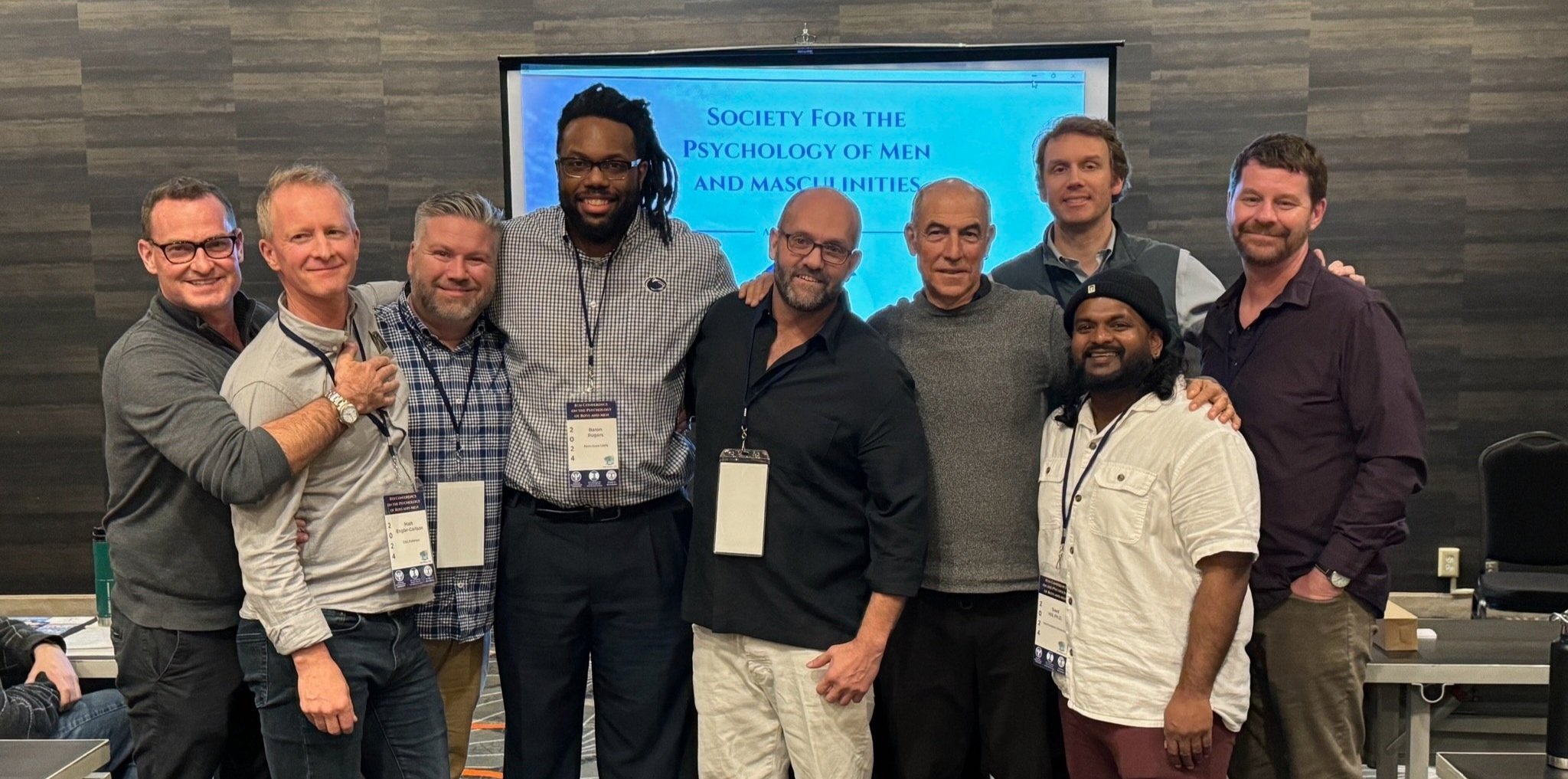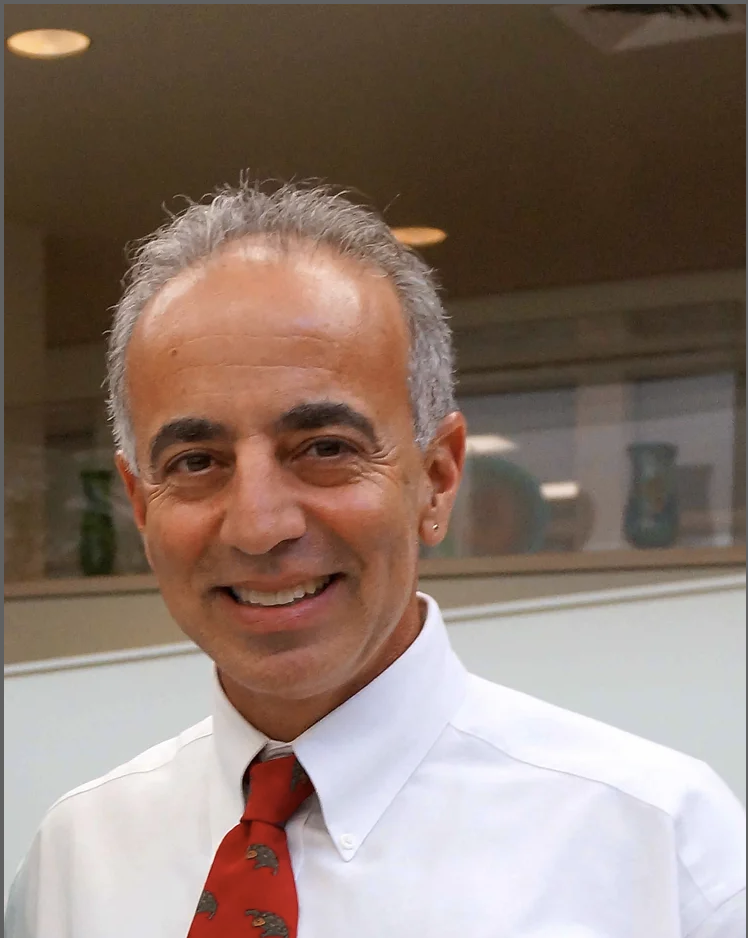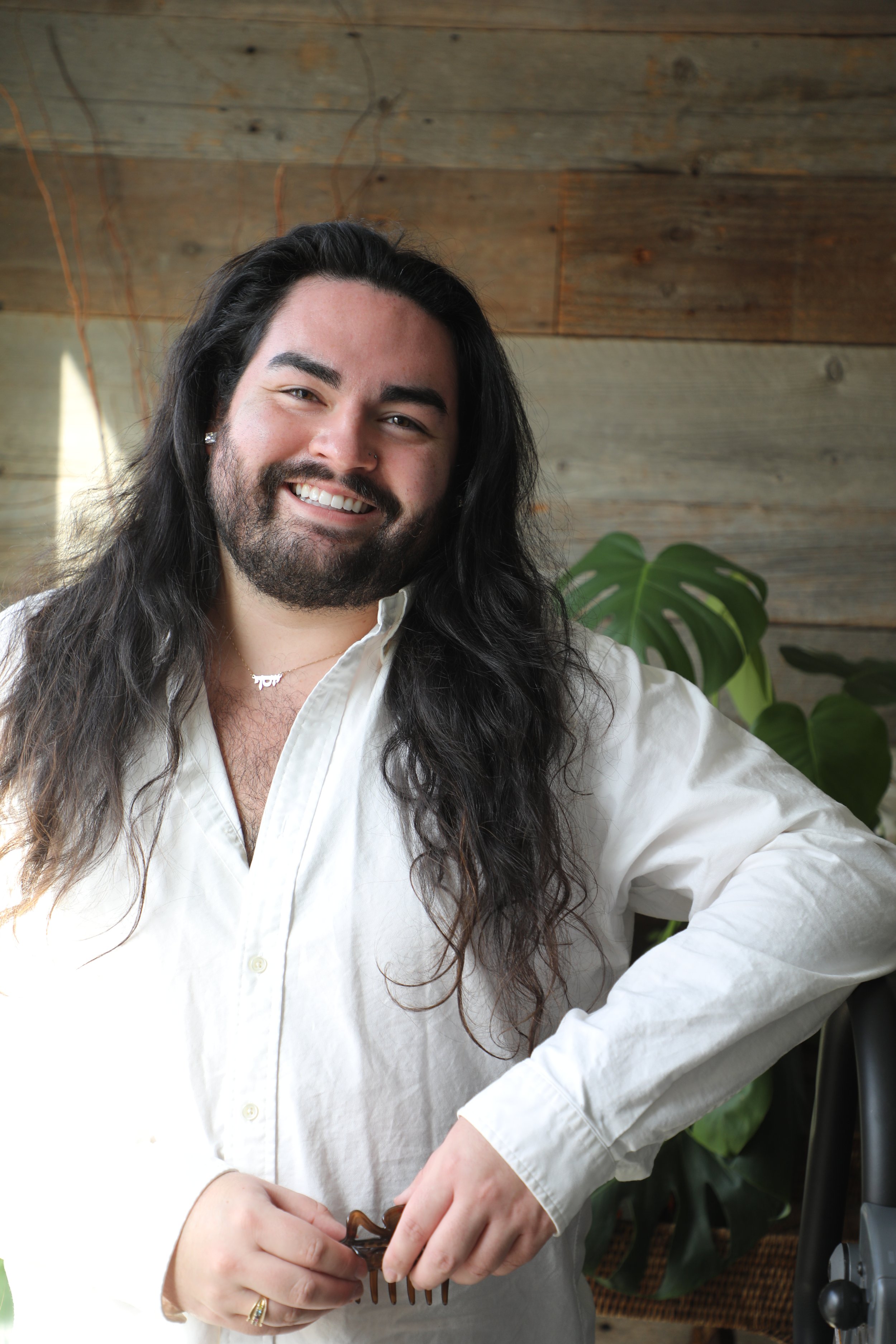
Current and Previously Featured Members
Get to know the members of Division 51 by viewing a collection of our featured members here.
To nominate a Division 51 Member, message us with their name and contact details via our Contact Us form.
I co-led one the first therapeutic men's groups at the University of Missouri with Sam Cochran when we were graduate students in 1983. With very little written at the time about men's issues, Sam and I began our exploration of the ideas that men and boys needed a different kind of therapeutic approach because of their socialization and how it had impacted how they perceived themselves and their interactions with others.
I joined Division 51 in 2004, as a senior in college. I was a Gender Studies and Psych double major and fascinated by the psychology of men and masculinities. I didn't realize there was an APA division devoted to the study, and there were no faculty at my university with that particular interest.
I joined Division 51 before my senior year in undergrad at PSU (2018). I started on Dr. Sonia Molloy’s research team and would help code transcripts from her fathering research. I would talk with her about my clinical and research interests which intersected with the mission of Division 51.
I joined about six months ago to become more familiar with expert research and theorizing around men and masculinity that takes a non-essentializing, intersectional approach to understanding male identity. As a clinician who works with a wide range of folks who were sexually assaulted as children, my practice has sensitized me to the need for such an intersectionally feminist approach as a prerequisite to developing psychological services that are humble toward and competently tailored to the full range of human beings—including men.
I joined Division 51 in 2016 when I was a sophomore in undergrad. During that year, I developed my academic interest in gender roles and how they interact with specific groups and identities, which led me to begin working with Dr. Angela Sabates on a project examining hypermasculinity within religious communities. As the project progressed, I wanted to connect to all the resources that were available to me, which led me to become a student member of Division 51.
I joined division 51 around 2003. My mentor and friend, Mark Stevens introduced me to the division, retreat, and board meetings. I quickly found a home in the division and established personal and professional relationships motivating me to be more involved in the division and the study and practice of men and masculinity. I became a board member, conference chair in 2007, San Francisco (highlighted by the collaboration with division 35 and Jean Kilbourne as keynote speaker), and treasurer for 4 years.
I joined the Division in 2019 when I was finishing my Counseling Ph.D. program. I had just moved to Chicago the year before and took a job at Northwestern University doing violence prevention and health masculinity work in their violence prevention department. APA was in Chicago in 2019 and I attended a program on Compassion and Positive Masculinity featuring Dr. Daniel Ellenberg.







